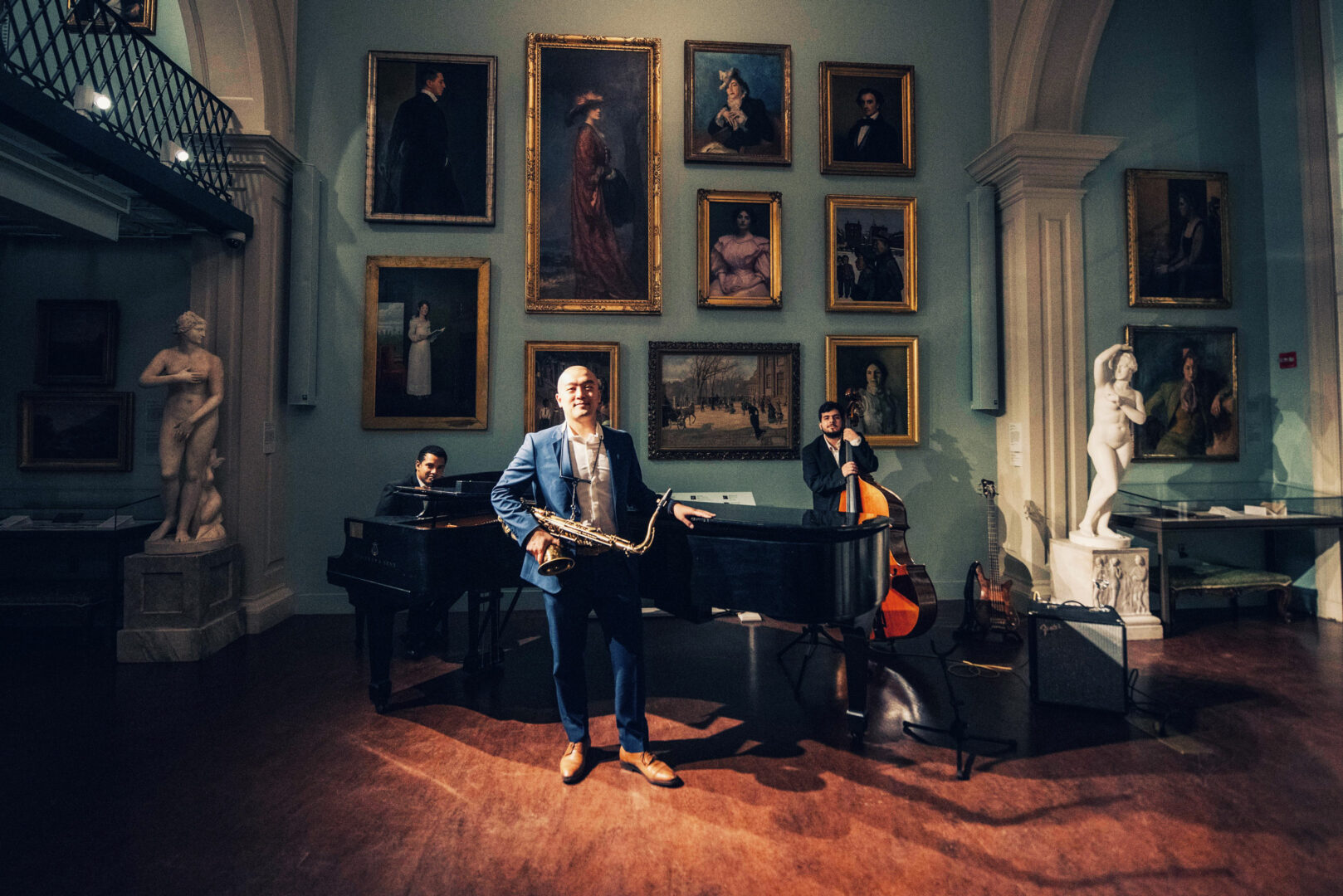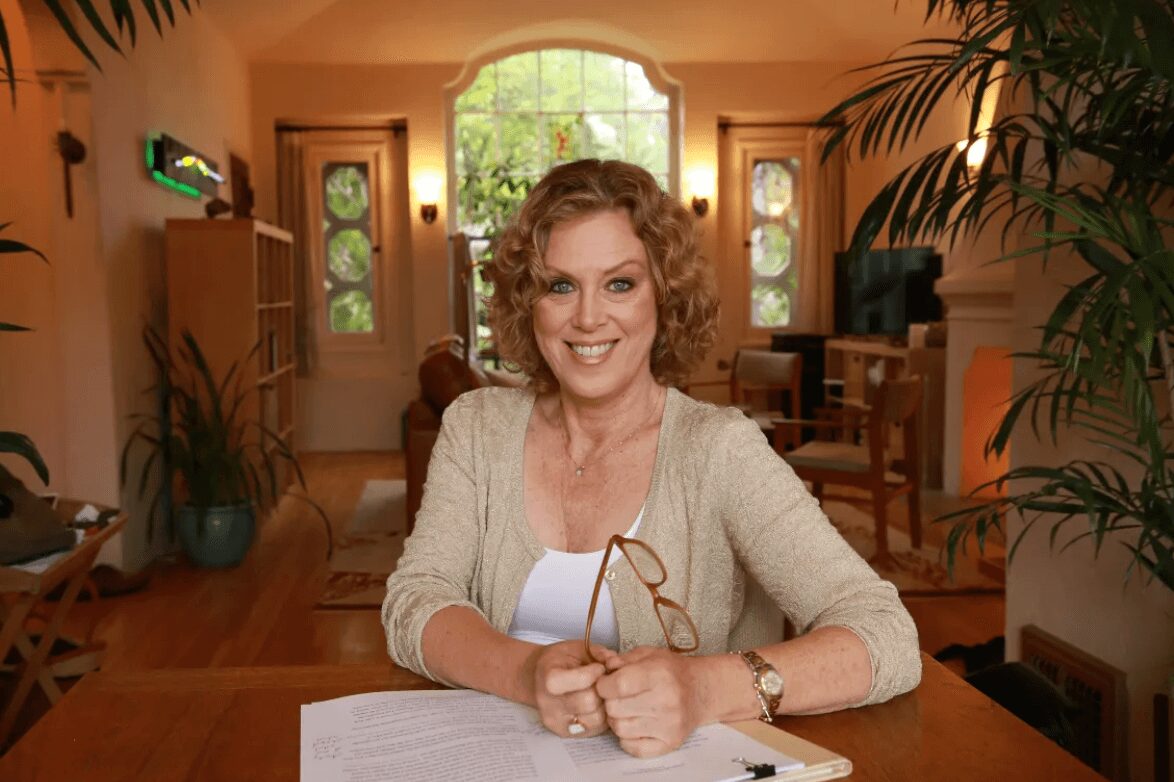We recently connected with Zishi Liu and have shared our conversation below.
Zishi, so great to have you with us and we want to jump right into a really important question. In recent years, it’s become so clear that we’re living through a time where so many folks are lacking self-confidence and self-esteem. So, we’d love to hear about your journey and how you developed your self-confidence and self-esteem.
As a jazz musician, I found my confidence and self-esteem through the freedom of improvisation. There’s no judgment in that space—just honesty and expression. Listeners can feel it when you’re being real. I put in the work, practiced hard, and did my homework. So when I step on stage, I’m not trying to impress anyone—I’m just being myself. That mindset changed everything for me. A big influence was the book Effortless Mastery by Kenny Werner. It helped me let go of fear and tap into something deeper—playing without ego, just presence.
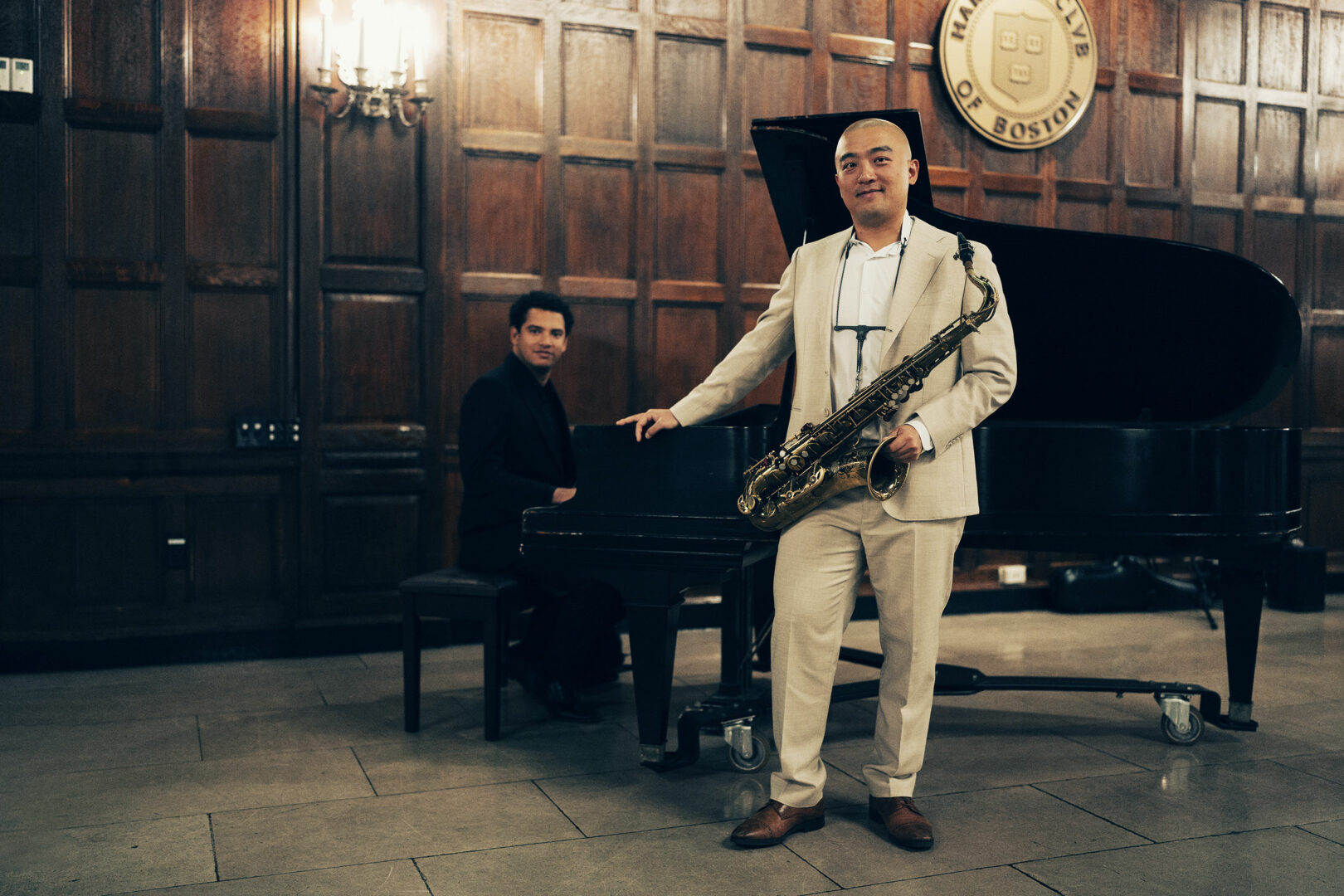
Let’s take a small detour – maybe you can share a bit about yourself before we dive back into some of the other questions we had for you?
Zishi Liu is redefining jazz for the modern era. A saxophonist, composer, and curator, his work bridges cultures, blending the searching spirit of John Coltrane with the meditative restraint of traditional Chinese music. He made history as the first Chinese artist to perform at Boston’s Regattabar in partnership with Blue Note Jazz Club and has toured extensively across the U.S., China, Malaysia, and Singapore. His upcoming projects, “American Anxiety” and “When We Sing,” feature collaborations with Francisco Mela and Eric Hofbauer, further cementing his place in today’s jazz landscape.
Beyond the stage, Zishi is a driving force in music curation, using jazz to foster community and push creative boundaries. He has been instrumental in revitalizing Boston’s jazz scene, curating programs like the Lunar New Year Jazz Concert at Regattabar, and joining the Silk Road Global Musician Workshop, founded by Yo-Yo Ma, where he collaborated with pipa virtuoso Wu Man. His work has been featured by WGBH and The Bay State Banner, reflecting his influence in both performance and cultural advocacy.
At Longy School of Music, Zishi leads admissions, curates student performance opportunities, and mentors emerging artists. His international outreach has strengthened Longy’s ties with China, expanding opportunities for musicians worldwide. Whether on stage, in the studio, or behind the scenes, he is constantly pushing jazz forward—challenging conventions, forging new connections, and shaping its future on a global scale.
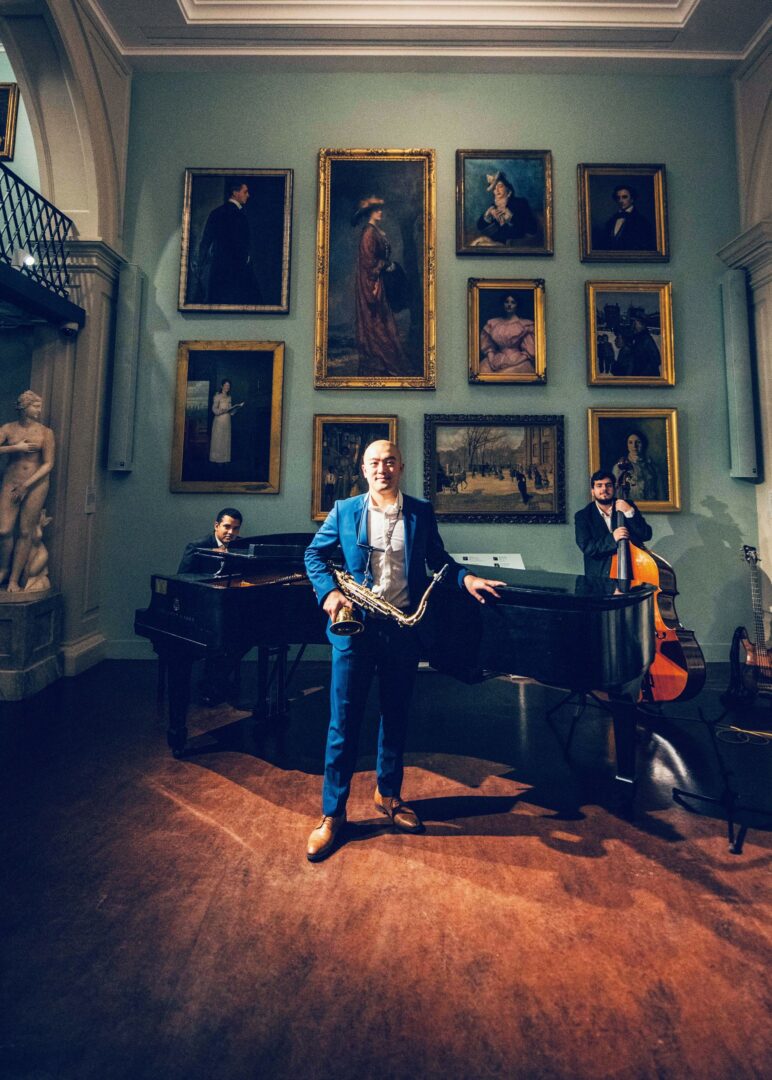
There is so much advice out there about all the different skills and qualities folks need to develop in order to succeed in today’s highly competitive environment and often it can feel overwhelming. So, if we had to break it down to just the three that matter most, which three skills or qualities would you focus on?
Looking back, I think the three qualities that have shaped my journey most are love, persistence, and joy. First, truly loving what you do—music in my case—has been the foundation. That love keeps you curious, inspired, and willing to put in the countless hours of practice. Second, persistence: just showing up every day, even when progress feels slow, has been essential. The discipline of “keep doing it” builds not just skill but resilience. And third, joy: remembering that music is something to be enjoyed and shared. When I lean into joy, it reminds me why I started and keeps the work meaningful.
For those at the beginning of their journey, my advice is to find what you truly love. Don’t chase trends or external approval—follow the thing that makes you light up. Once you find it, commit to it fully, and don’t be afraid of the long path. Skills can be learned, but passion can’t be faked. If you nurture your love for the craft and allow yourself to enjoy the process, growth will come naturally.
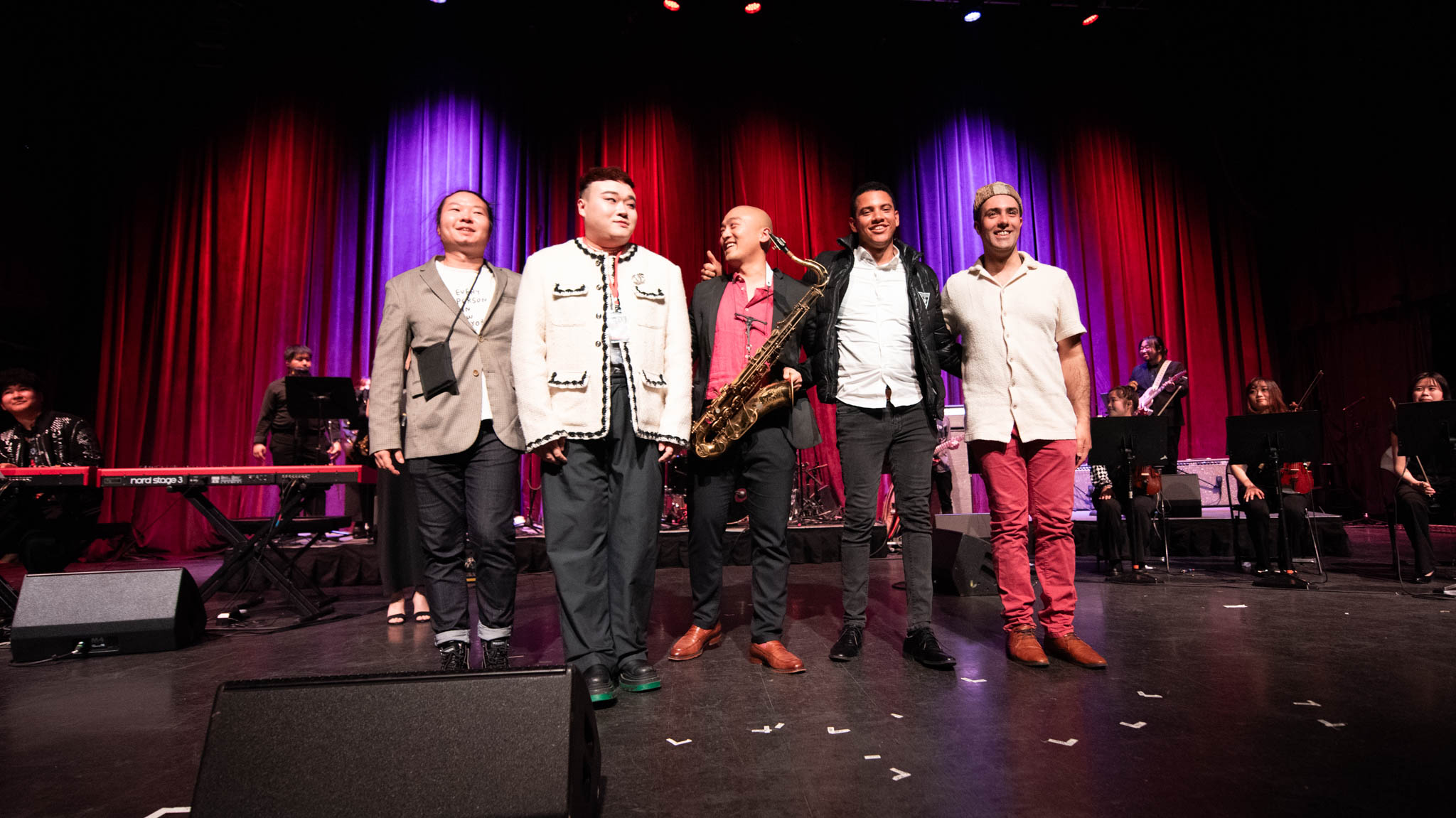
Thanks so much for sharing all these insights with us today. Before we go, is there a book that’s played in important role in your development?
One book that has been especially important in my development is Effortless Mastery by the great pianist Kenny Werner. It helped me cultivate a kind of Zen mindset—learning how to feel free of judgment and self-doubt while still moving steadily toward my goals. During COVID, I was fortunate to take a few lessons with Kenny himself, and his kindness and perspective left a deep impression on me.
What makes this book so powerful is that it’s not just for musicians. It offers wisdom for anyone seeking a more peaceful mindset and a way to navigate both the everyday stresses of life and the bigger personal questions we all face. For me, it was a reminder that mastery isn’t about struggle—it’s about freedom, presence, and trust in the process.
Contact Info:
- Website: https://www.zishimusic.com/
- Instagram: https://www.instagram.com/zishi.music/
- Facebook: https://www.facebook.com/p/ZISHI-LIU-100070373850949/
- Youtube: https://www.youtube.com/@ZISHILIU
- Soundcloud: https://on.soundcloud.com/JW47xYjgmBUbGLalVV
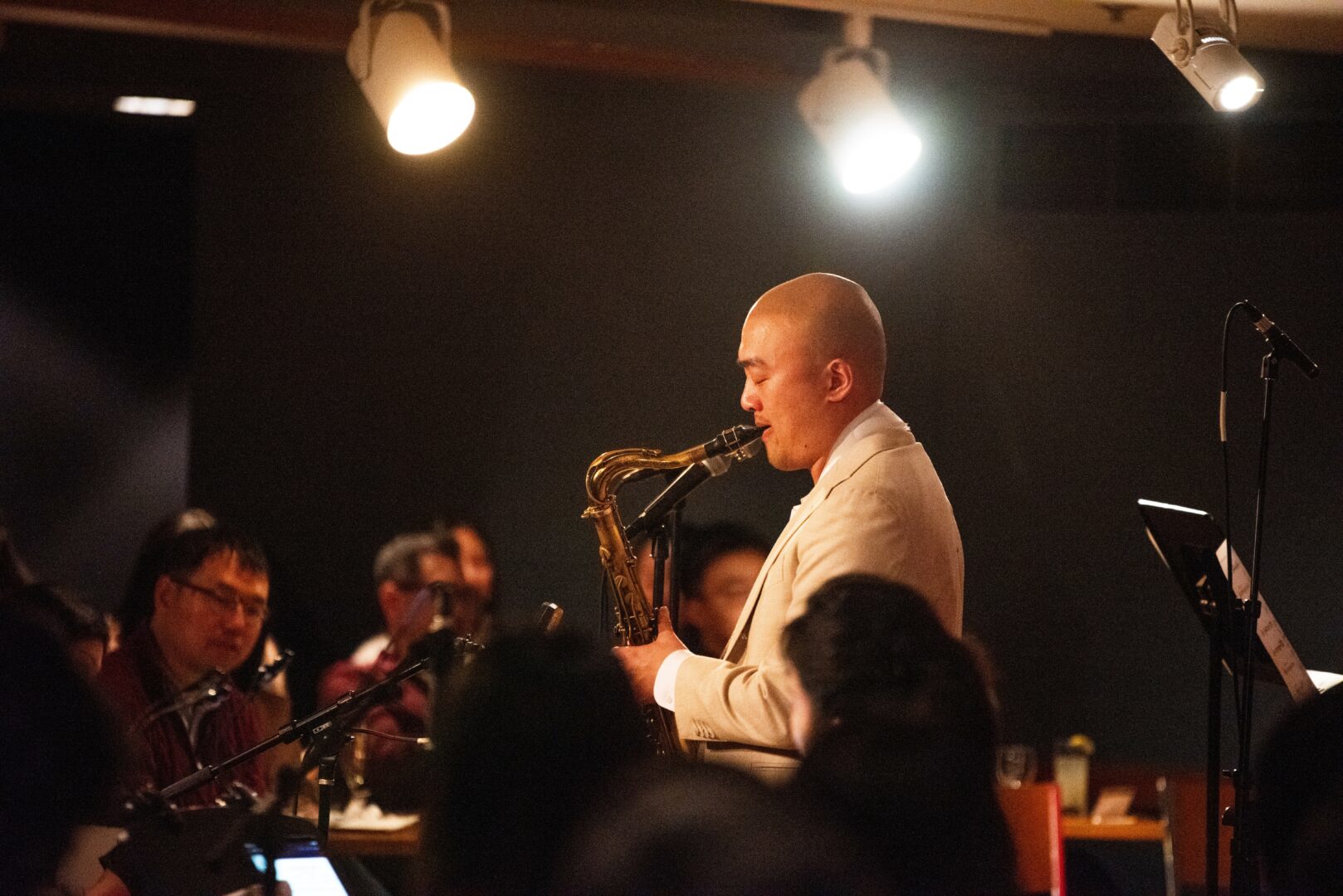
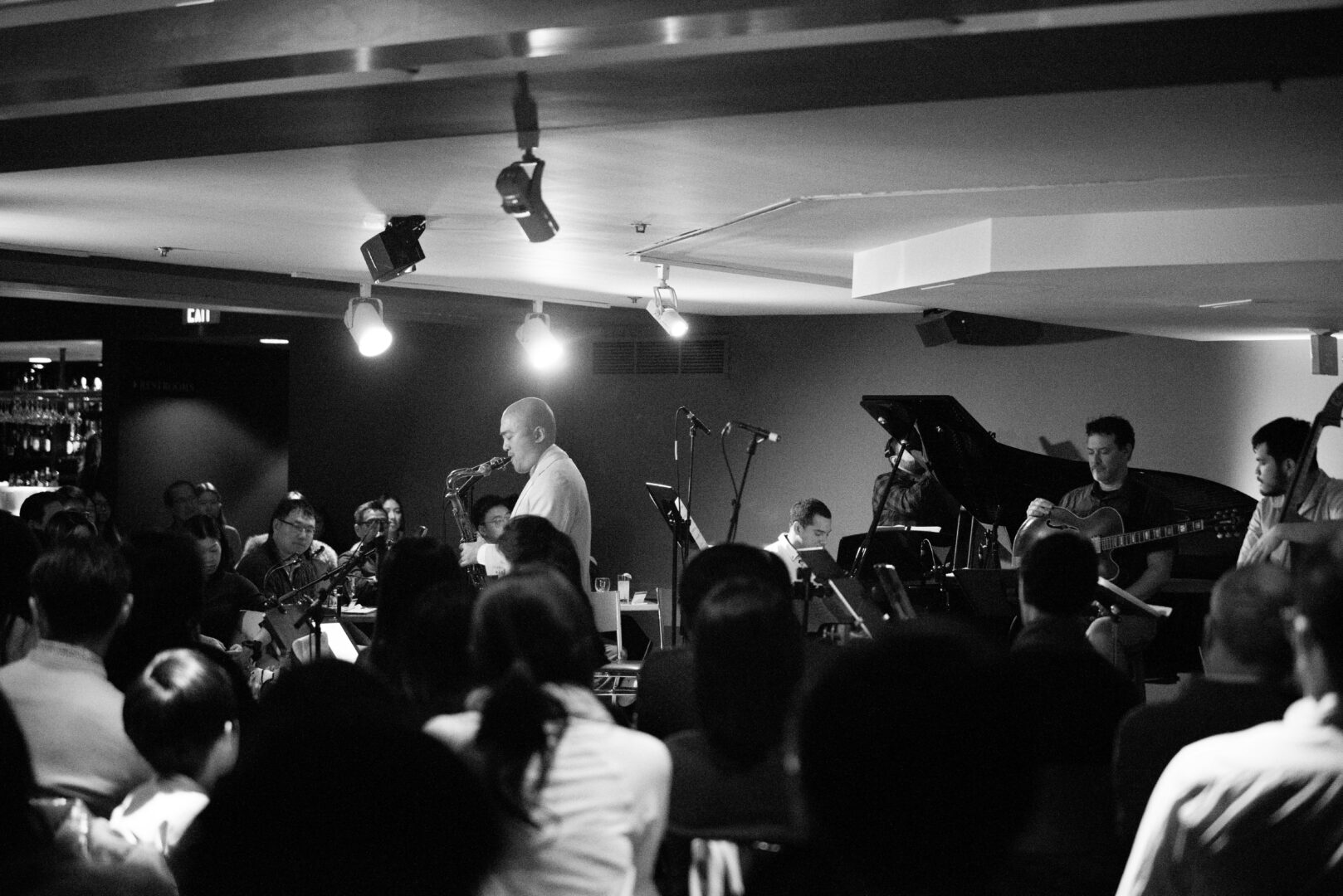
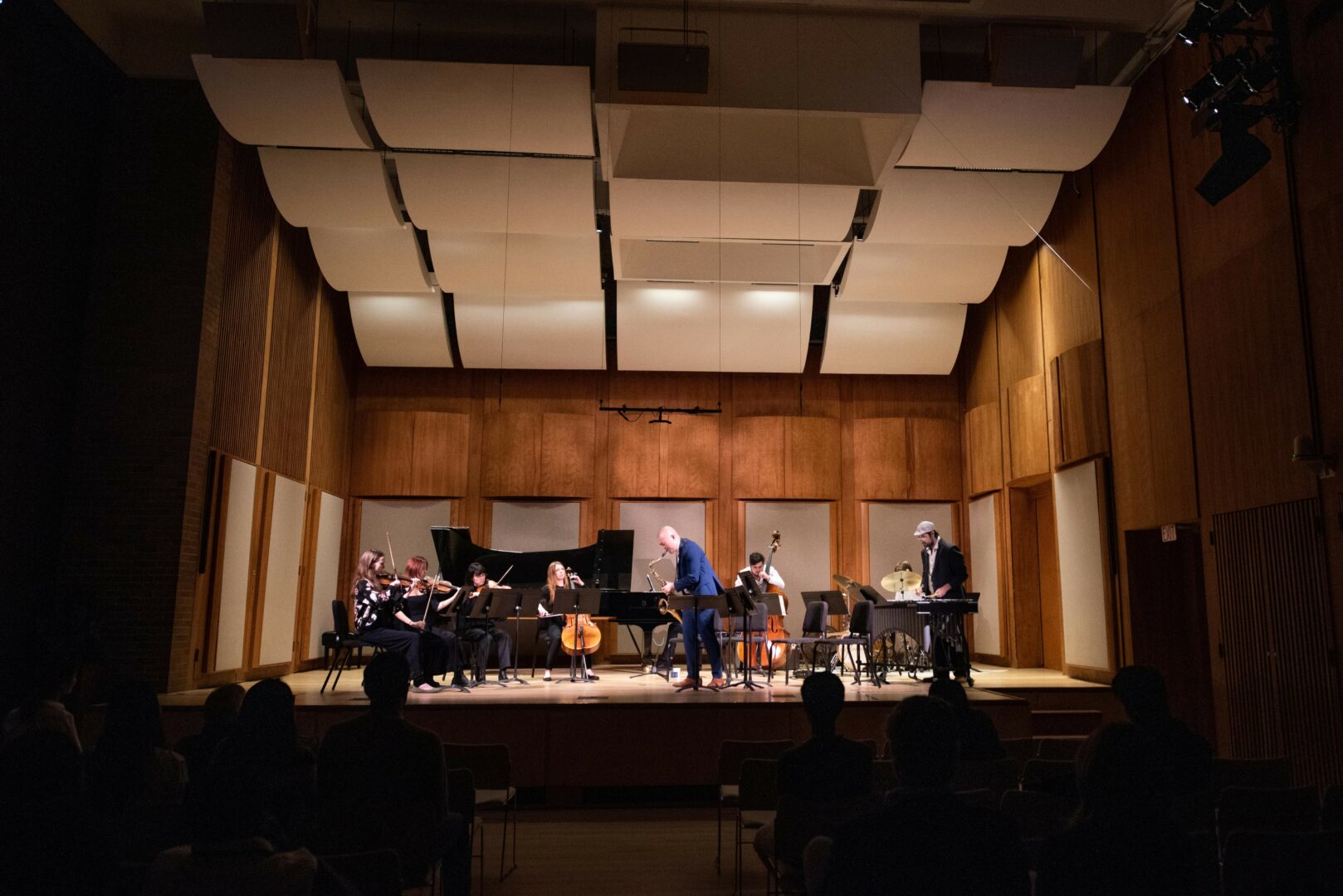
Image Credits
Spencer Reintges, Weifan Chen
so if you or someone you know deserves recognition please let us know here.

